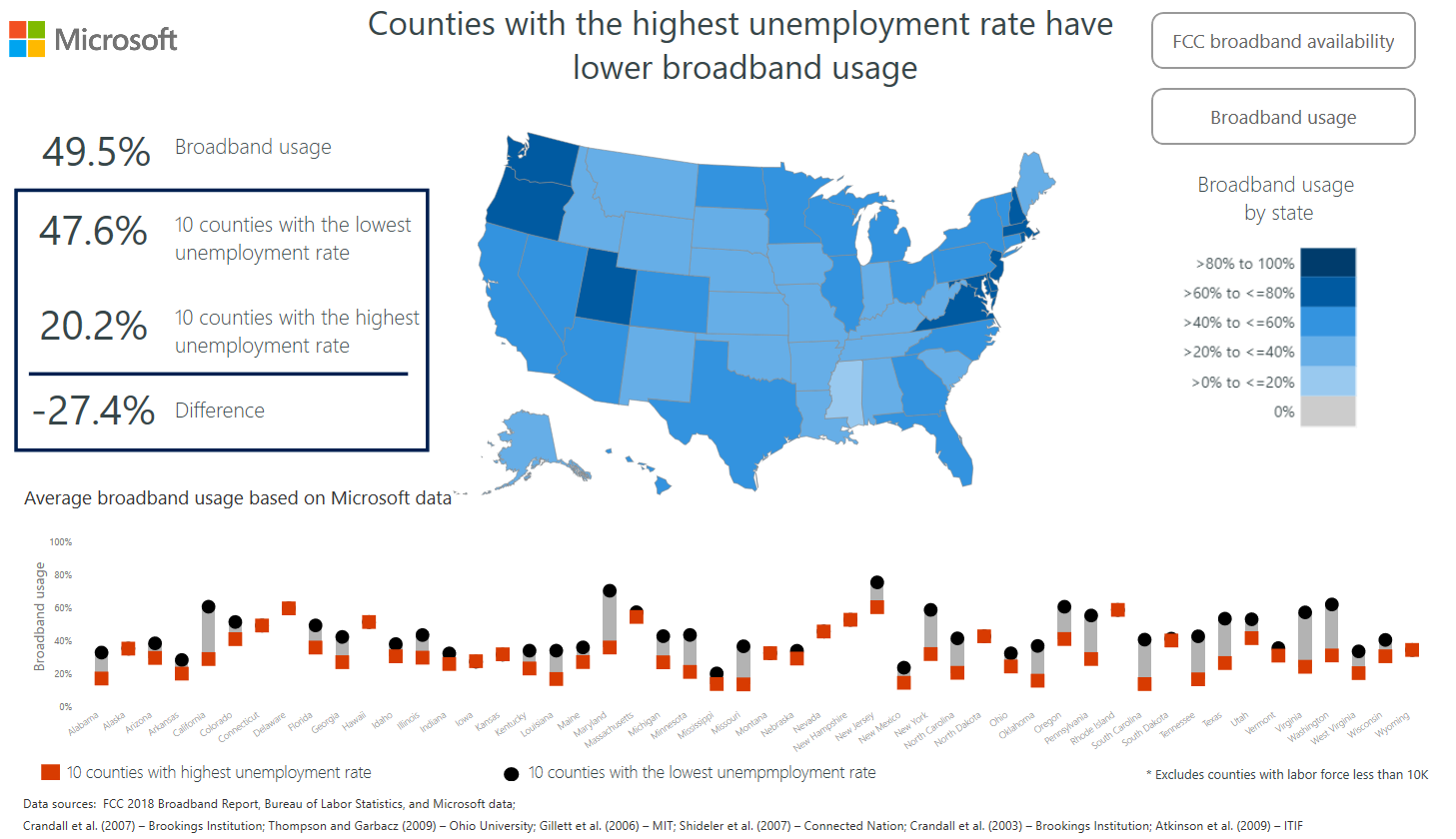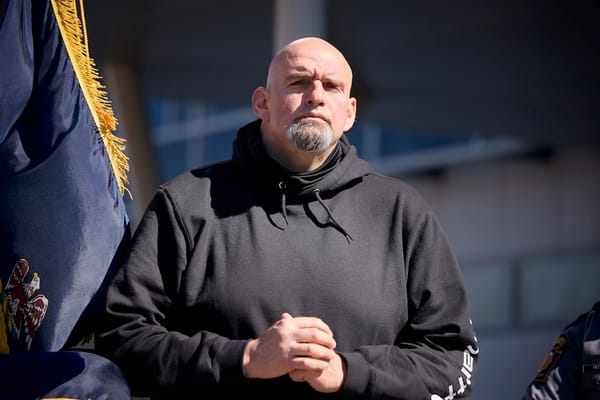Tech Groups Push Back on Trump Social Media Bias, Microsoft Calls Rural Broadband ‘Urgent National Crisis,” Huawei Operating System
Public Knowledge, the Computer & Communications Industry Association and TechFreedom on Friday pushed back at the Trump Administration’ reported Executive Order that would appear to require the Federal Trade Commission and Federal Communications Commission to monitor speech on social platforms. Fol

Public Knowledge, the Computer & Communications Industry Association and TechFreedom on Friday pushed back at the Trump Administration’ reported Executive Order that would appear to require the Federal Trade Commission and Federal Communications Commission to monitor speech on social platforms.
Following the mass shootings in Texas and Ohio, the White House publicized a Friday meeting with technology companies to discuss responses to violent online extremism.
Such a meeting did happen and a White House spokesperson said that “White House officials hosted a productive meeting with social media and technology leaders. The conversation focused on how technology can be leveraged to identify potential threats, to provide help to individuals exhibiting potentially violent behavior, and to combat domestic terror.
“We urge internet and social media companies to continue their efforts in addressing violent extremism and helping individuals at risk, and to do so without compromising free speech,” according to the spokesman.
A CNN report indicate that the draft order calls for the FCC to develop new regulations detailing how and when the law shields social media companies when they remove content from their platforms.
The public interest and technology groups voiced alarm about this type of government control.
This order “is in reality a step toward imposing censorship by proxy on the American people,” said CCIA President & CEO Ed Black, “Such disrespect for the core values of our Constitution’s First Amendment is dangerous to our freedom and democracy and unworthy of those who have undertaken an oath to defend the Constitution.”
“While I hope and expect private company decisions will generally provide an open platform that takes account of societal needs, the marketplace of ideas needs to remain free of government dictates,” he said.
“If these reports are true, this Executive Order serves as a direct order to the FCC that if left unchallenged, could threaten the independence of these agencies altogether,” said Chris Lewis, President and CEO of Public Knowledge.
“We have continued to hear alarms from the White House and other elected officials that social media and other digital platforms should both increase and relax content moderation depending on the day, hour, and circumstance,” he said, “It is this impossible contradiction that requires the nation to hold firm to the First Amendment protections that keep government out of this direct regulation of speech.”
“Trump’s proposed executive order would transform the FCC and FTC from consumer protection agencies into regulators of online speech,” said Berin Szóka, President of TechFreedom. “Ironically, the same people screaming about ‘censorship’ by private companies would empower regulators to decide what kinds of online speech should and shouldn’t be taken down. That Republicans, after decades of fighting government meddling in broadcasting, now want their own Fairness Doctrine for the Internet is staggeringly hypocritical.”
Microsoft calls the rural broadband gap an ‘urgent national crisis’
Microsoft announced on Thursday that the rural broadband gap is an “urgent national crisis.” Through the Airband Initiative, Microsoft is on track to cover 3 million Americans in unserved rural areas by 2022.
The company will host a booth at the Iowa State Fair to learn from Iowans about their digital realities and to discuss what the Airband Initiative can do to provide reliable, affordable broadband access.
People in rural areas that lack broadband face higher unemployment rates, see fewer job and economic opportunities and place children from these communities behind their suburban and peers in school.
It’s time to recognize that unequal access to broadband translates into inequality of opportunity, Microsoft wrote. Solving the broadband gap will require active engagement as well as effective policy proposals from all parts of the public sector.
Huawei introduces new open source operating system for mobile devices
Huawei has introduced its new homegrown operating system, Wired reported on Friday. HarmonyOS is an open source platform with a “deterministic latency engine,” which means it can better prioritize resources with competing apps and functions than Android can.
“We needed an OS that supports all scenarios, that can be used across a broad range of devices and platforms, and that can meet consumer demand for low latency and strong security,” said Richard Yu, CEO of Huawei’s Consumer Business Group at a developer conference in Dongguan, China.
Following the event, Yu said that Huawei was “waiting on an update” to see what products it might be able to use Android in, given the slight thawing of geopolitical tensions in recent months.
Huawei may be able to install the OS on smartphones, developing functioning apps may be more difficult. Developers will be able to port Android apps over to HarmonyOS, but that process may not be worth it for many. While Huawei touts the ability to craft one app that works across multiple form factors, that same versatility can take a toll on quality.
“I think Huawei is under-communicating the work it will take to make this successful,” says Patrick Moorhead, president of Moor Insights & Strategy, a technology analyst firm.








